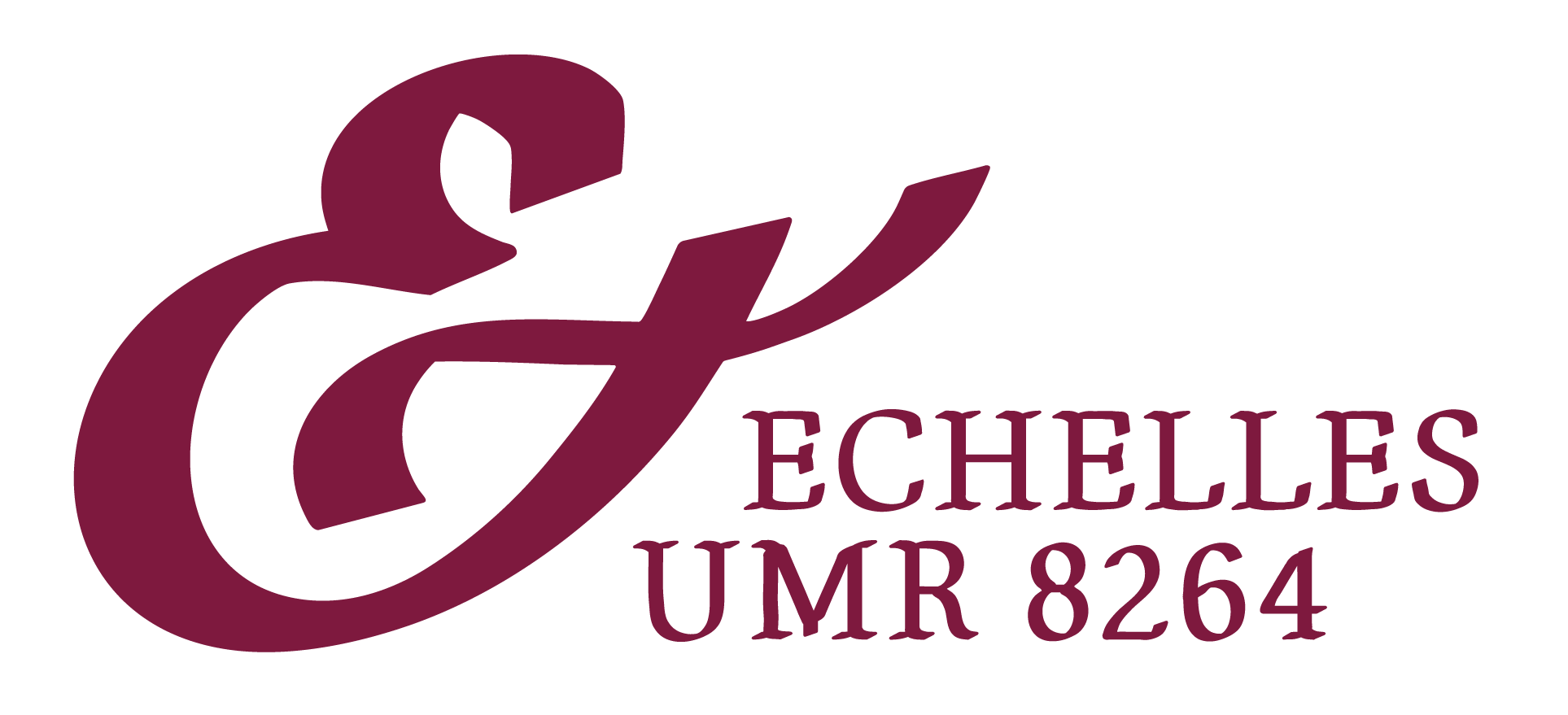This piece by Laura Carter is the fourth in a series of essays on teaching British history outside the Anglophone academy, a topic that challenges our preconceptions of where British history is being taught and who it is for. As higher education in the US undergoes systematic attack by the federal government, this series also gives insight into how and under what circumstances it is possible for US-trained academics to find work elsewhere.
I moved to Paris in the strange in-between-time that was the late summer of 2020, freshly recruited into my first permanent academic job at Université Paris Cité. I was both delighted and daunted by the international move, the language, and by the looming shadow of Covid. Nonetheless I began planning my courses for September with purpose, for we were also at the end of a summer of important Black Lives Matter protests in the UK, and I believed teaching was one way I could make a contribution. I decided to design a course, in English, on Black British history for French second-year undergraduates, focusing on the lives and experiences of African-Caribbean people in London since the nineteenth century. The syllabus can found at the bottom of this blog. The course ran for two years of partial-online teaching during the pandemic, and two back in the Parisian seminar room. These ever-changing and ever-challenging contexts redefined my approach to the subject, which had until that point been formed by my training and everyday life in Britain.
